The absence of safe spaces and safe adults has historically put LGBTQ+ youth at a higher risk of childhood trauma. We have the power to change that.
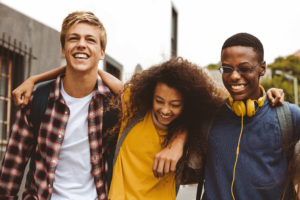
All kids deserve a safe, healthy childhood, and it’s the responsibility of all adults to create supportive environments in which children can flourish. Many youth who identify as lesbian, gay, bisexual, or transgender are at greater risk of various types of traumas including bullying, child sexual abuse, homelessness, sexual exploitation, suicidal thoughts, and teen dating violence. Adverse Childhood Experiences (ACEs), such as the ones aforementioned, can have lifelong psychological and physical effects.
ACEs & LGBTQ+ Youth
Before we can solve a problem, we must understand it. ACEs are highly stressful situations experienced before the age of 18, including incidents of abuse, neglect, and household challenges. After having one ACE, it becomes significantly more likely that a child will experience a second or more. That’s why it’s important that we holistically look at keeping kids safe, even as we focus on protecting youth from child sexual abuse.
A 2018 study conducted by JAMA Pediatrics found that people who identify as gay, lesbian, or bisexual had a considerably greater risk of experiencing one or more ACE. Here are some specific facts about the likelihood of LGBTQ+ youth experiencing sexual abuse and violence:
- LGBTQ+ youth average almost 4 times as likely to report child sexual abuse than heterosexual youth.
- In 2014, there were 380,000 homeless youth under the age of eighteen. Nearly 40% identified as LGBTQ+, and 91% of them reported having been approached for prostitution.
- 17% of LGB teens reported they experienced physical teen dating violence.
- 22% of LGB teens reported being forced to have sexual intercourse.
- More than 1 in 10 LGB students have missed school during the past 30 days because of safety concerns.
- More than 40% of LGB students seriously considered suicide and 29% reported attempting suicide in the past year.
Why are LGBTQ+ children at greater risk for abuse? We must understand that the LGBTQ+ kids and teens in our lives face unique challenges.
They are more vulnerable to bullying and harassment, leading to feeling isolated, unsafe, and depressed – conditions that potential harm-doers may take advantage of through the grooming process. However, the good news is that according to the CDC, youth who feel connected at school or at home are as much as 66% less likely to experience violence. Given LGBT youth’s increased vulnerability, pay close attention for opportunities like this to employ the 5 Steps to Protecting Children™ – with increased vulnerability comes increased opportunity.
Step 1: Learn the Facts of child sexual abuse and risk factors for LGBTQ+ youth so you can be prepared for any
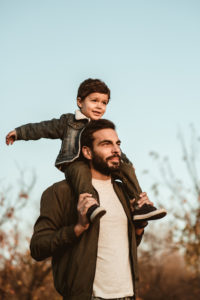
scenario.
Step 2: Knowing the facts, think about ways you can Minimize Opportunity for abuse.
Step 3: Talk About It openly, so you can break down barriers and reduce the stigma around abuse and the LGBTQ+ community. This can also help kids know that you’re a safe adult they can come to.
Step 4: Recognize the Signs of abuse, which might not always be obvious.
Step 5: React Responsibly to react appropriately to suspicion, disclosure, or discovery of abuse.
It’s important youth know that they can trust you and will be safe with you. LGBTQ+ youth are at a greater risk of abuse, not because of anything they have done, but because there are very few systems in place to protect them. As safe adults, we have the power to change our systems. We have the power to create warm, welcoming, open-minded communities where all children can feel safe and secure.
Resources for Parents/Caregivers
Resources for Youth Serving Orgs & Teachers
Resources for Survivors
- The Sexual Abuse Hotline– if you or someone you know has been sexually abused, trained crisis counselors are available confidentially 24/7 to provide support and resources. Call 1-866-FOR-LIGHT (367-5444) or text the word “LIGHT” to 741-741.
- FORGE is a national anti-violence organization focused on supporting transgender people. Visit their website for more information.
- Lambda Legal is the oldest and largest national legal organization whose mission is to achieve full recognition of the civil rights of LGBTQ people. As a 501(c)3 nonprofit organization, Lamda Legal doesn’t charge clients for legal representation or advocacy. To learn more about their litigation, education, and public policy work, visit Lamda Legal’s website.
- The LGBT National Hotline provides a toll-free hotline for LGBTQ people to ask questions about counseling, resources, and peer support. Contact 1.888.843.4564 or visit the hotline’s website for more information.
- The National Coalition of Anti-Violence Programs responds to violence against LGBTQ people with advocacy and support services. Contact 212.714.1141 or visit AVP’s website for more information.
- The Trevor Project is a suicide prevention and crisis intervention hotline for LGBTQ youth. Contact 1.866.488.7386 or visit The Trevor Project website for more information.
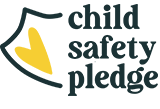
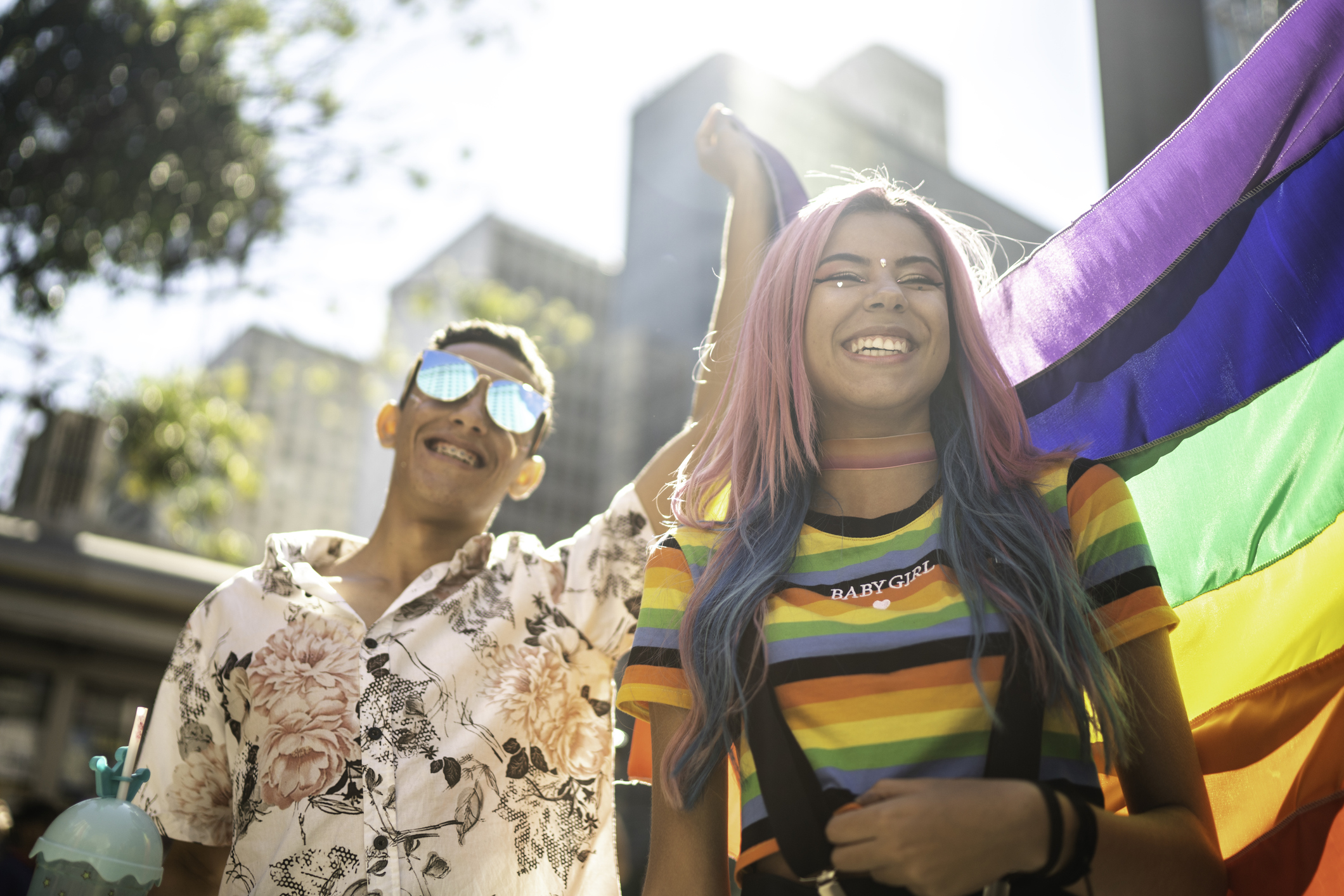
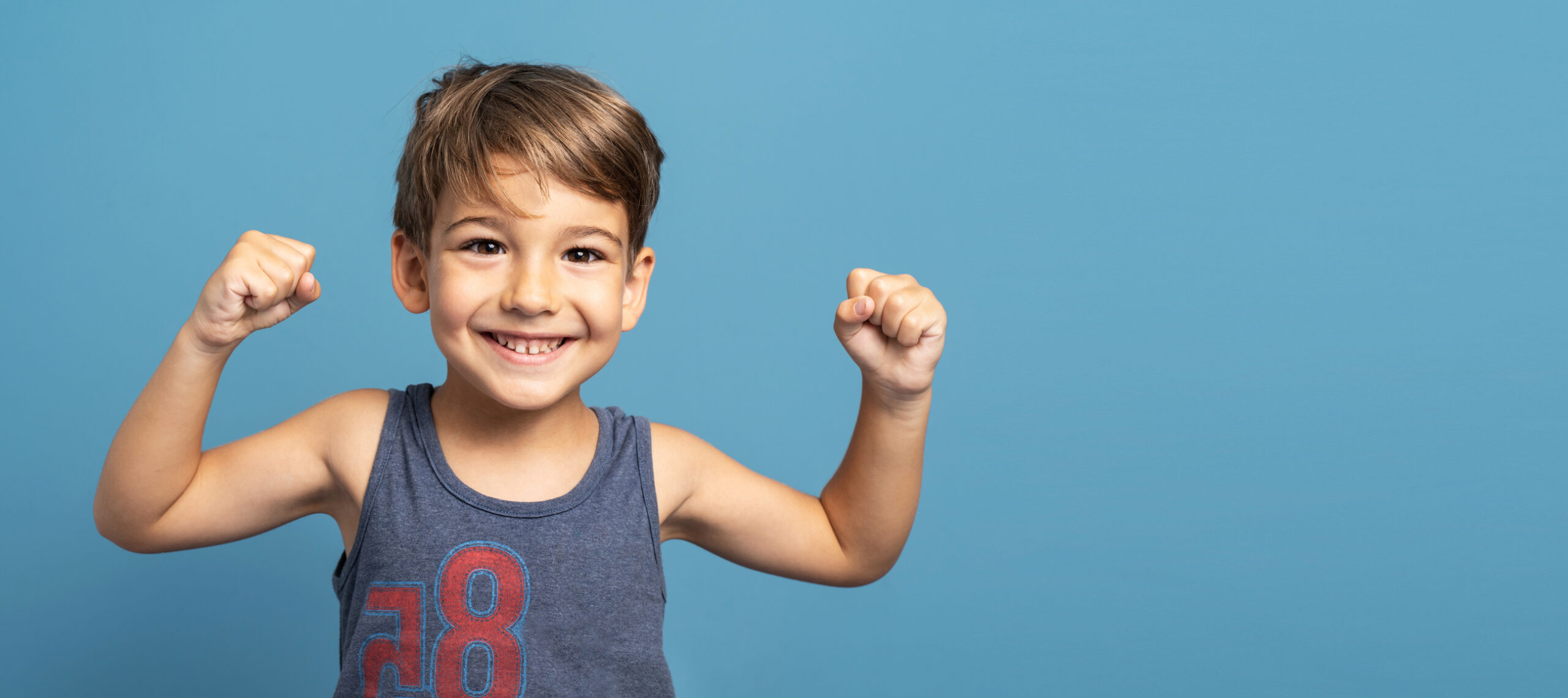
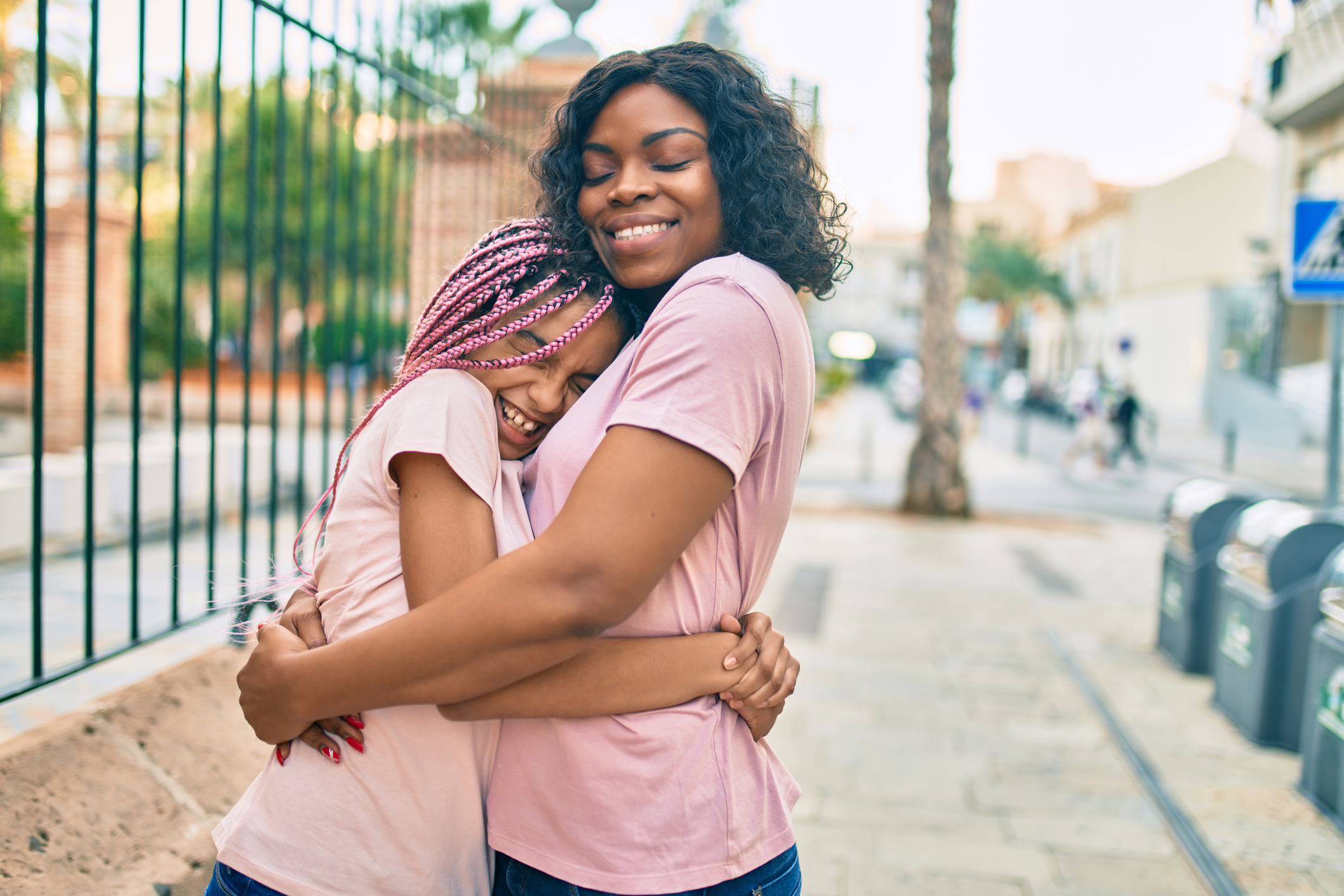
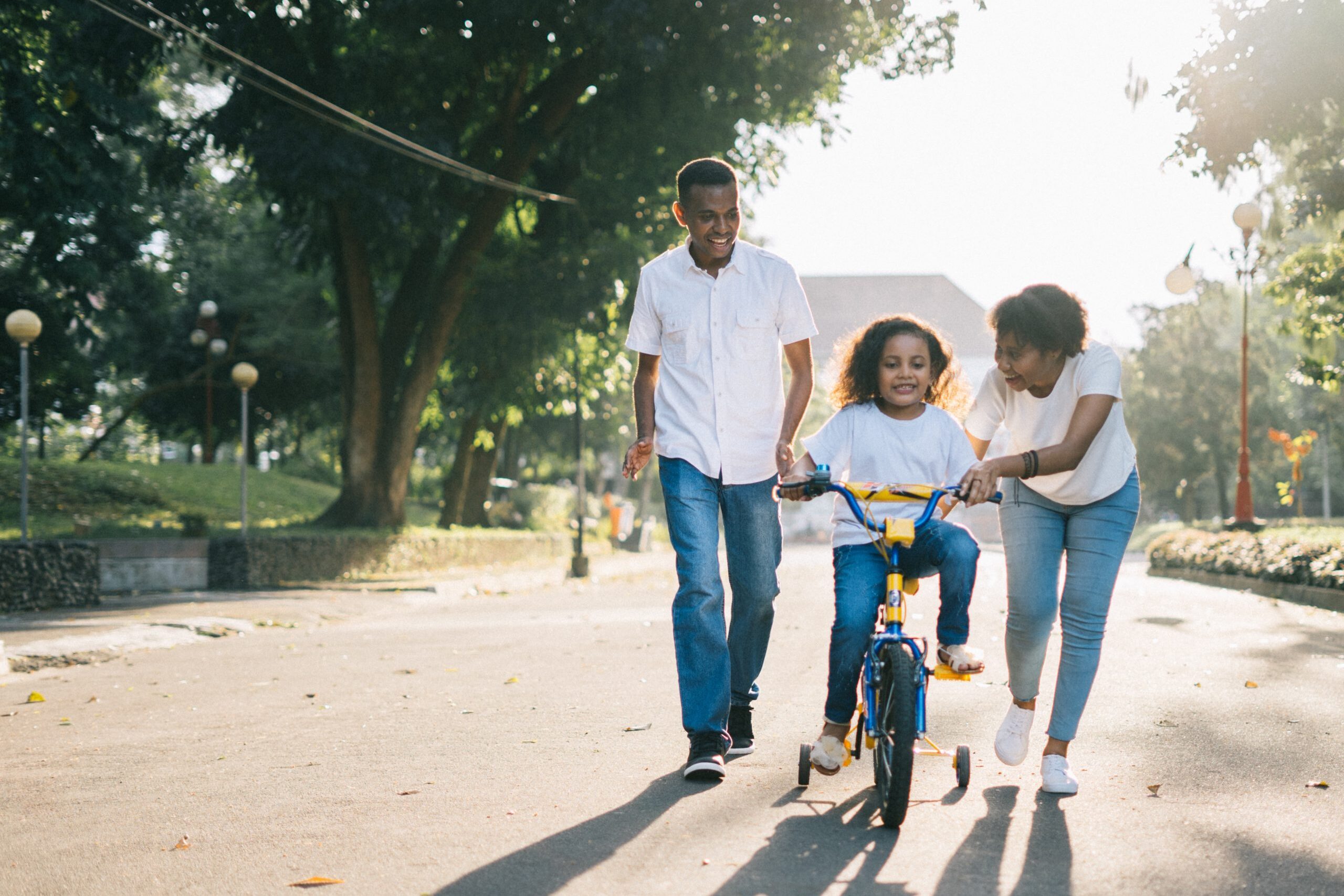
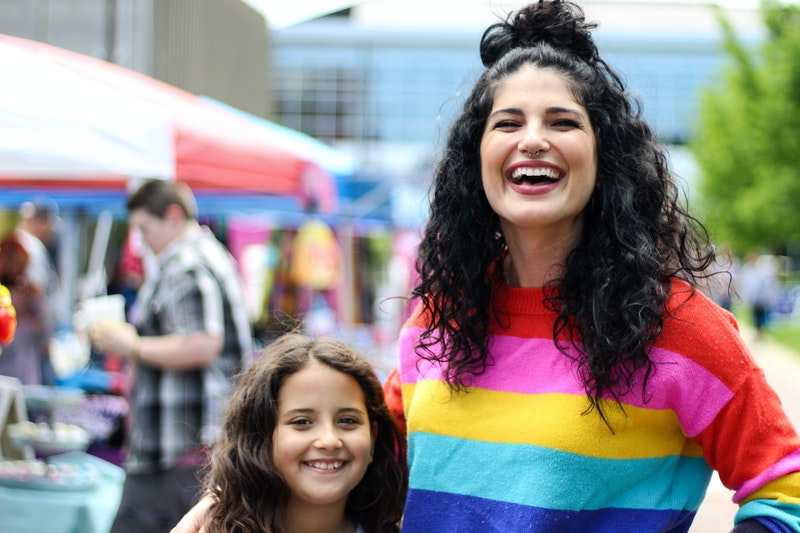
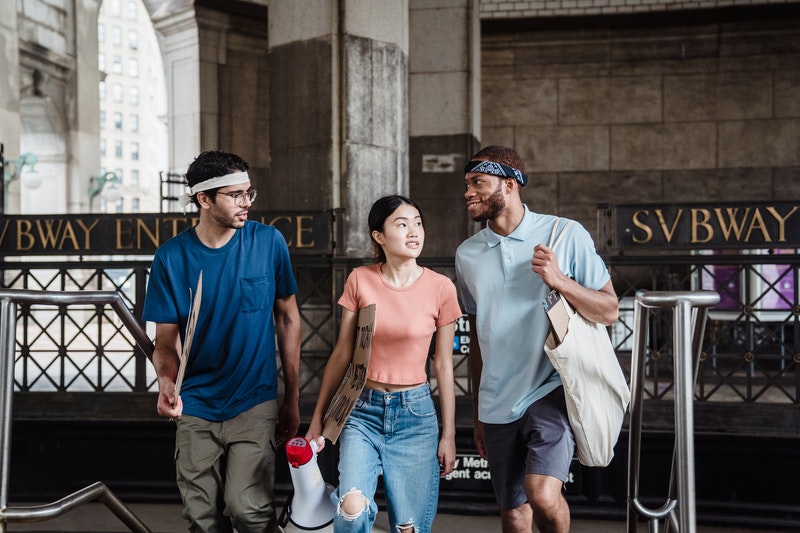
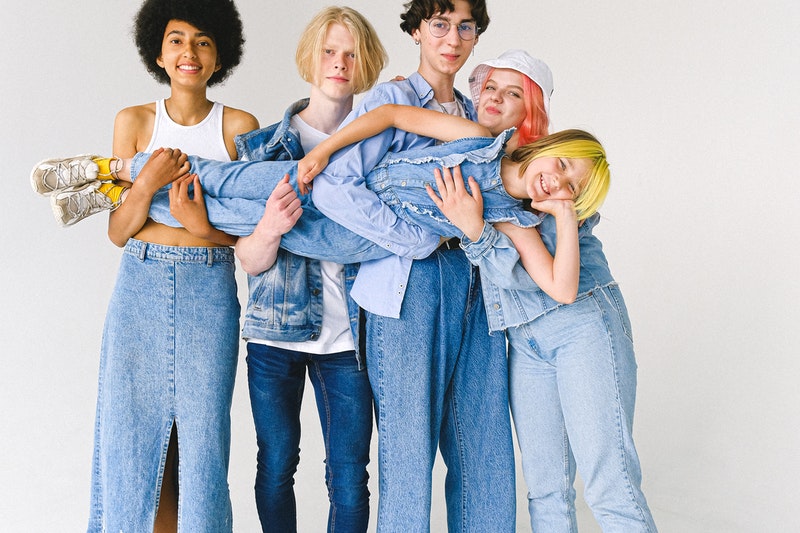
Comments are closed.